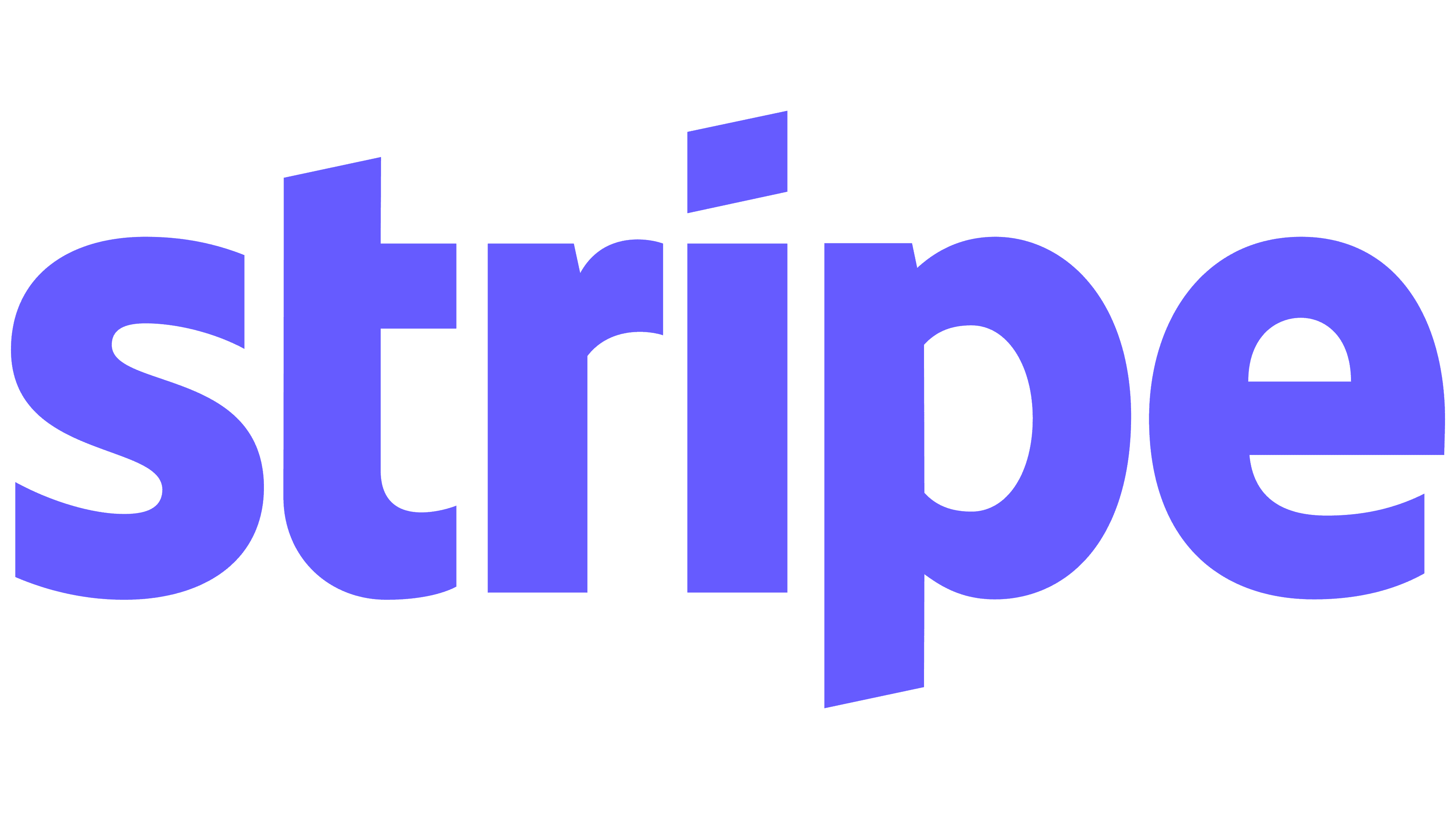In the ever-evolving world of online sales, staying ahead of the curve is crucial for success. New technologies and tools are emerging to enhance the ecommerce experience for both buyers and sellers. Explore the best ecommerce tools in 2024, with a focus on functionality, cost, integration, and most importantly, security.
AI-powered personalization engines
AI-powered personalization engines are revolutionizing the way businesses engage with customers. These tools analyze customer data to deliver personalized product recommendations, targeted marketing campaigns and tailored shopping experiences.

Top pick for 2024: Dynamic Yield
- Functionality: Offers robust A/B testing, personalized recommendations and dynamic content delivery.
- Cost: Pricing is customized based on the scale of use.
- Integration: Seamlessly integrates with major ecommerce platforms like Shopify, Magento and WooCommerce.
- Security: Employs advanced encryption and data anonymization to protect personal information.
Headless commerce platforms
Headless commerce is gaining traction as it decouples the front-end and back-end, allowing businesses to create unique shopping experiences across multiple channels.

Top pick for 2024: Commerce Layer
- Functionality: Supports multi-channel sales with a flexible API-based architecture.
- Cost: Tiered pricing including a free starter plan.
- Integration: Works with Content Management Systems (CMS), Customer Relationship Managers (CRMs) and Enterprise Resource Planning (ERP) systems, ensuring smooth operations.
- Security: Complies with Payment Card Industry Data Security Standard (PCI DSS) requirements and uses Secure Sockets Layer (SSL) encryption for secure transactions.
Secure payment gateway solutions
Secure and reliable payment gateways are the backbone of any ecommerce operation. As security continues to be a top concern for online consumers, businesses need to prioritize solutions that offer multi-currency support, fast processing and fraud detection.

Top pick for 2024: Stripe
- Functionality: Offers seamless payment processing, recurring billing and support for multiple currencies.
- Cost: 2.9% + 30¢ per transaction.
- Integration: Compatible with major ecommerce platforms, CRMs and accounting software.
- Security: PCI Level 1 certified, with advanced fraud detection and 3D Secure authentication.
Inventory management systems
Effective inventory management is crucial for ecommerce businesses to maintain stock levels, reduce overhead costs and prevent overstocking or stockouts. The best inventory management systems offer real-time tracking, automation and integration with other business tools.

Top pick for 2024: Cin7
- Functionality: Provides comprehensive inventory tracking, automated order management and supports multi-channel sales. Cin7 also offers features like warehouse management, ecommerce and advanced reporting.
- Cost: Pricing starts at $349 per month, with plans tailored to the size and complexity of your business.
- Integration: Integrates seamlessly with major ecommerce platforms like Shopify, WooCommerce and Magento, as well as accounting software like QuickBooks and Xero.
- Security: Cin7 uses secure encryption protocols, offers multi-factor authentication and ensures compliance with data protection regulations to safeguard your inventory and transactional data.
Customer Relationship Management tools
A powerful CRM tool is essential for managing customer interactions, tracking sales and automating marketing campaigns. The right CRM can significantly boost customer retention and conversion rates.

Top pick for 2024: HubSpot CRM
- Functionality: Offers a full suite of sales, marketing and customer service tools, with real-time tracking and automation.
- Cost: Free for basic features, with available tiers for advanced plans
- Integration: Integrates with email platforms, social media and ecommerce platforms.
- Security: Utilizes two-factor authentication and data encryption to safeguard customer information.
Advanced analytics platforms
Analytics platforms help ecommerce businesses make data-driven decisions by providing insights into customer behavior, sales trends and marketing effectiveness.

Top pick for 2024: Google Analytics 4
- Functionality: Provides in-depth analysis of customer journeys, real-time data and predictive metrics.
- Cost: Free, with additional features available in paid plans.
- Integration: Easily integrates with other Google tools, ecommerce platforms and ad networks.
- Security: Adheres to General Data Protection Regulation (GDPR) and California Consumer Privacy Act (CCPA) regulations, ensuring data privacy and security.
Frequently asked questions
Which accounting software is best for ecommerce?
The best tool for managing accounting in ecommerce is QuickBooks due to its comprehensive accounting features, scalability and seamless integrations tailored to ecommerce businesses.
- Functionality: QuickBooks offers robust accounting solutions, including expense tracking, invoicing, payroll management, and detailed financial reporting. It provides automated transaction imports, inventory tracking and real-time profit and loss insights to help manage cash flow efficiently.
- Cost: Pricing starts at $30 per month, with tiered plans to accommodate businesses of all sizes. The higher-tier plans include advanced features like inventory management and detailed reporting.
- Integration: Integrates effortlessly with major ecommerce platforms such as Shopify, WooCommerce, Amazon, and eBay, along with payment gateways like PayPal and Stripe, to automatically sync sales data and simplify financial management.
- Security: QuickBooks uses 128-bit SSL encryption, multi-factor authentication, and automatic data backups, ensuring that sensitive financial information is well-protected.
Which software do you recommend for managing sales tax?
Avalara is a top tool for managing sales tax in ecommerce due to its robust functionality, including automated tax calculations, compliance management and easy tax filing across multiple jurisdictions.
- Functionality: Offers real-time tax calculations, automated compliance for changing tax rates, and detailed reporting to streamline tax filing.
- Cost: Pricing is customized based on transaction volume and business size, making it flexible for businesses of all scales.
- Integration: Seamlessly integrates with various ecommerce platforms like Shopify, Magento, WooCommerce, as well as accounting software like QuickBooks and ERP systems.
- Security: Ensures data protection with advanced encryption and compliance with data security standards to safeguard sensitive financial information.
Is there software that can help manage shipping?
The best tool for managing shipping in ecommerce is ShipStation due to its comprehensive features, cost-effectiveness and seamless integrations with various platforms.
- Functionality: ShipStation provides automated shipping workflows, batch label printing and discounted shipping rates with major carriers (UPS, FedEx, USPS). It also includes branded tracking pages and customizable shipping options, streamlining order fulfillment.
- Cost: Offers a tiered pricing model starting at $9.99 per month for small businesses, scaling up with more advanced features for larger operations.
- Integration: Integrates with major ecommerce platforms like Shopify, WooCommerce, Magento, Amazon, and eBay, as well as marketplaces and fulfillment services, ensuring a unified shipping process.
- Security: Uses secure data encryption and complies with industry standards to protect customer and shipping information.
As ecommerce continues to evolve, staying updated with the latest tools and technologies can help your business gain a competitive edge. The tools highlighted for 2024 not only enhance functionality and integration but also prioritize security, protecting both buyers and sellers in the digital marketplace. By investing in these technologies, ecommerce businesses can deliver superior customer experiences while safeguarding sensitive information.

Flying Orange has been a trusted development resource since 2007, meaning we’ve seen our fair share of design trends. Feel free to reach out for a free quote. We’re here to help with both ongoing, monthly website maintenance, or full website redesigns. We would love to learn more about your needs.


